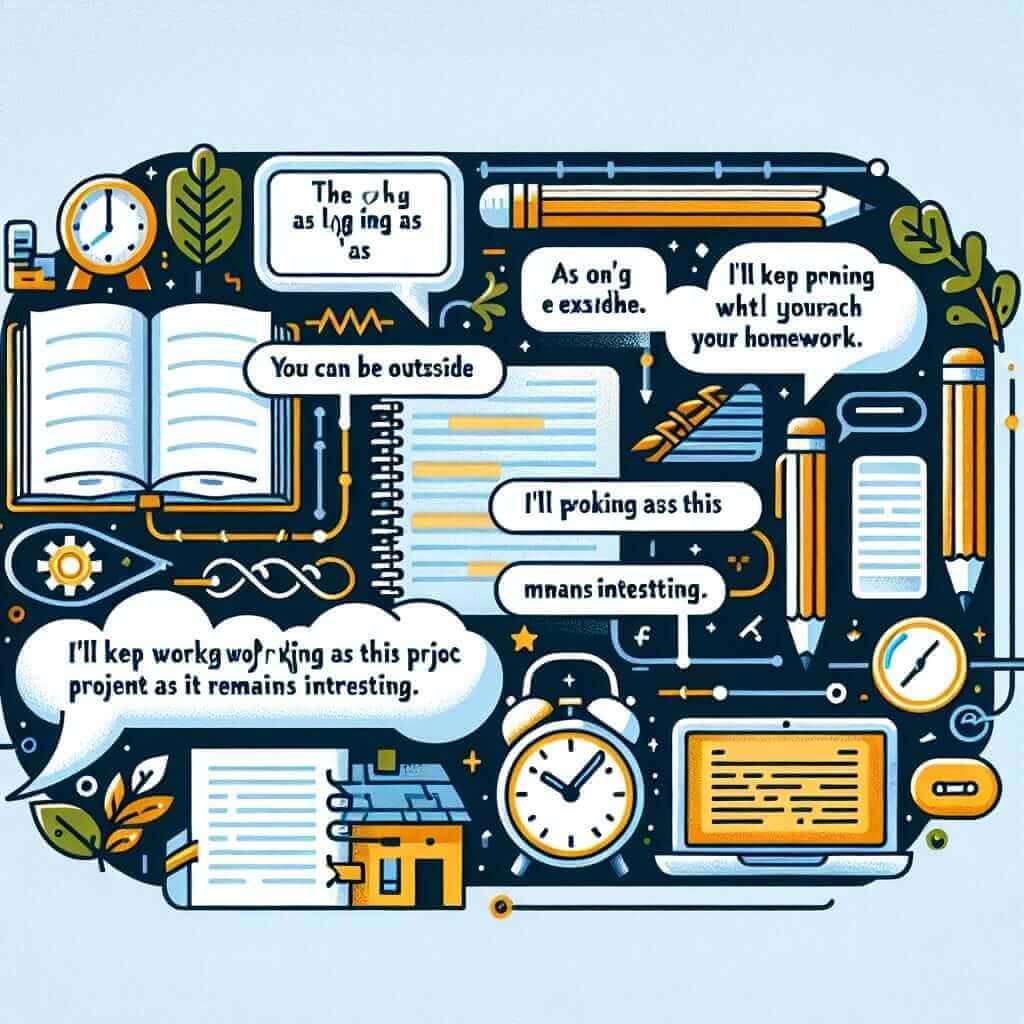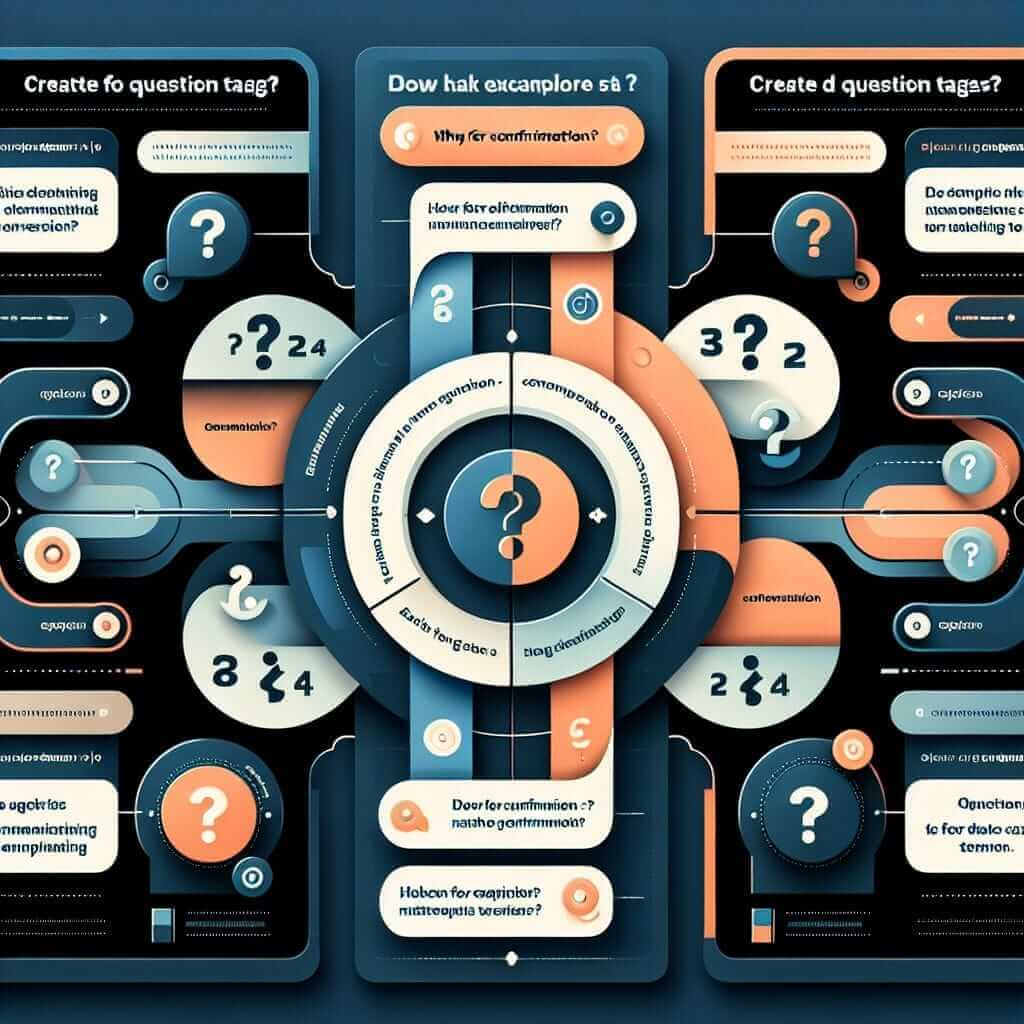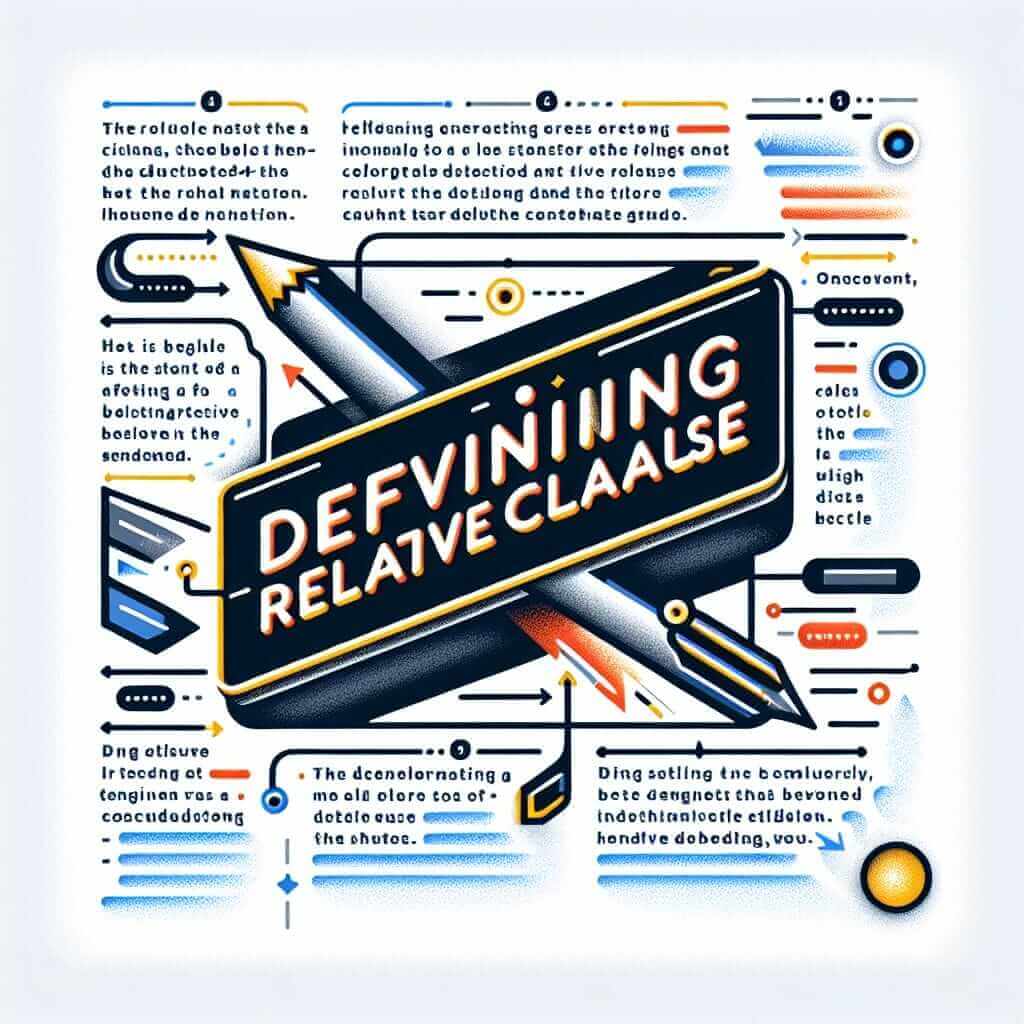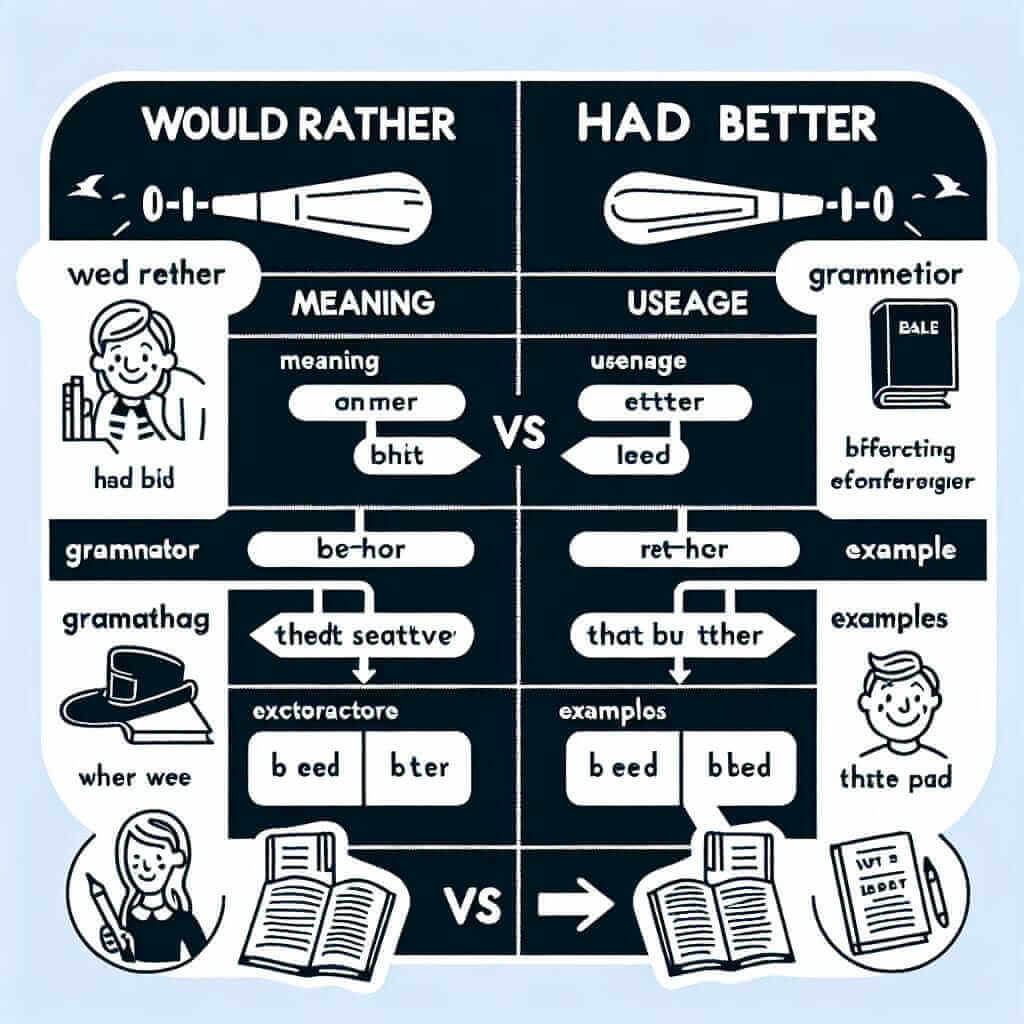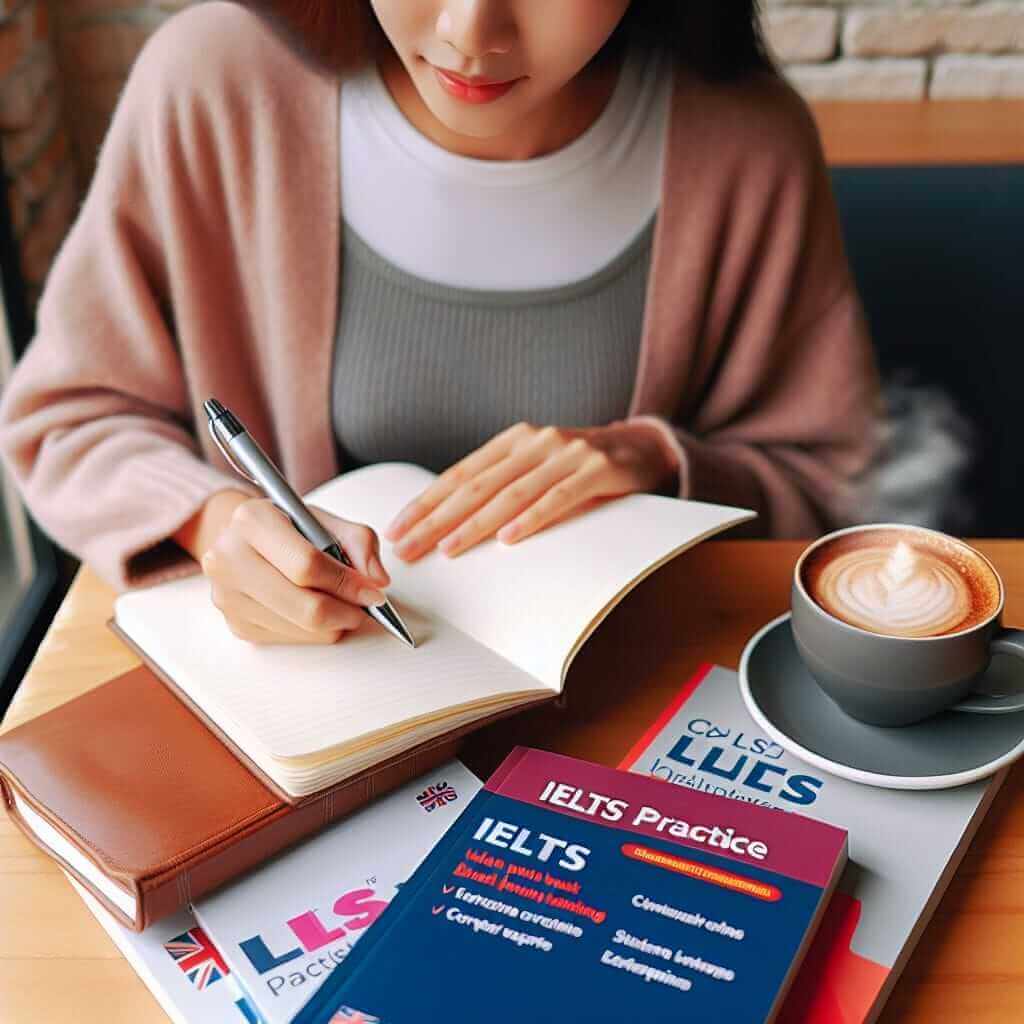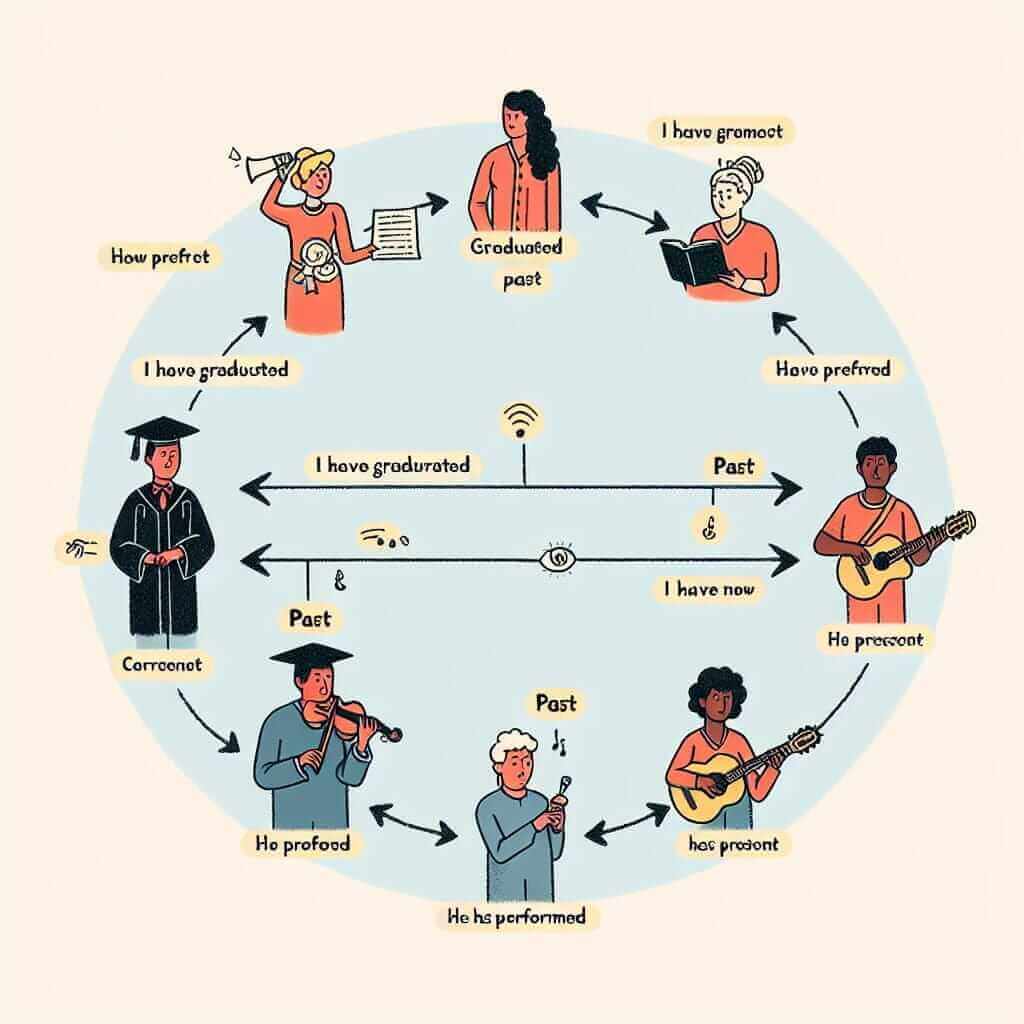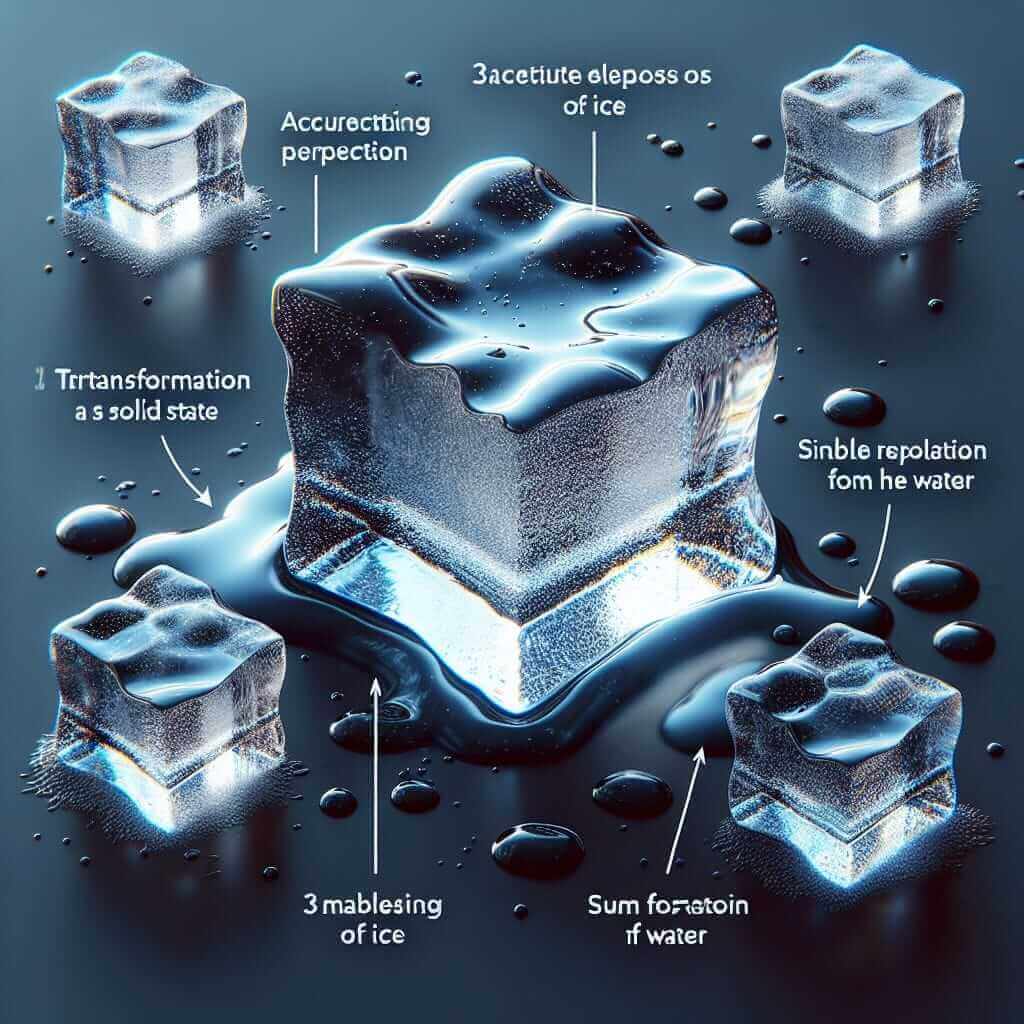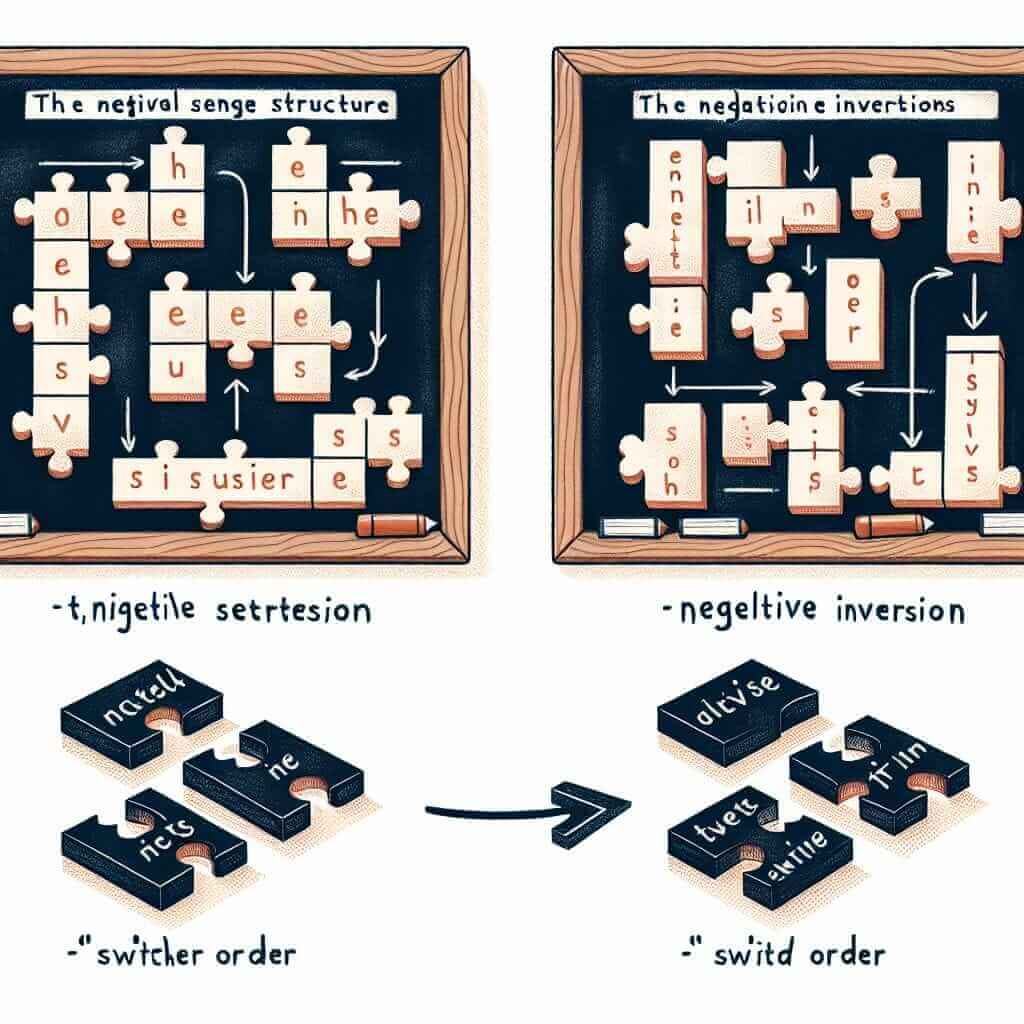Posted inGrammar
Posted inGrammar
Where Can “Wherever” Take You? Mastering Its Use in IELTS
"Wherever" might seem like a simple word, but using it effectively can add a touch of natural fluency and sophistication…
Posted inGrammar
How Can I Use “As Long As” Effectively in the IELTS Exam?
"As long as" is a conjunction used to express a condition that must be met for something else to be…
Posted inGrammar
How to Effectively Use “By Contrast” for High-Impact Comparisons in IELTS Writing
"By contrast" is a powerful phrase that can elevate your IELTS writing by creating clear and sophisticated comparisons. Mastering its…
Posted inGrammar
Mastering Question Tags in IELTS: It’s Easy, Isn’t It?
Question tags – those little additions to the end of sentences like "isn't it?" or "aren't you?" – might seem…
Posted inGrammar
How Can Defining Relative Clauses Help You Achieve a Band 7+ on the IELTS?
Defining relative clauses are essential for achieving a high score on the IELTS, especially in the Writing and Speaking sections.…
Posted inGrammar
How to Effectively Use “On the one hand… on the other hand…” in IELTS Writing
The expression "on the one hand... on the other hand..." is a useful phrase to master for IELTS Writing, especially…
Posted inGrammar
Mastering Collocations for IELTS: Elevate Your Vocabulary Score
Collocations, those natural word pairings native speakers use effortlessly, can be a game-changer for IELTS test-takers aiming for a band…
Posted inGrammar
How Can I Use “The More… The More…” Structure to Boost My IELTS Score?
The "the more...the more..." structure is a powerful tool to demonstrate your grammatical range and sophistication in the IELTS exam.…
Posted inGrammar
Would Rather vs. Had Better: Mastering Polite Suggestions and Strong Advice in IELTS Speaking
"Would rather" and "had better" are two common modal verb phrases in English, often causing confusion for IELTS test-takers. Mastering…
Posted inGrammar
How to Effectively Use Summarizing Phrases (“In Conclusion” & “To Sum Up”) in Your IELTS Writing
Many IELTS candidates wonder about the best way to conclude their essays. While "in conclusion" and "to sum up" are…
Posted inGrammar
How to Master the Present Perfect Tense for IELTS Success
The present perfect tense is a crucial grammatical structure in English, frequently appearing in the IELTS exam. Mastering its use…
Posted inGrammar
When to Use the Zero Conditional in IELTS: A Guide to Mastering “If You Heat Water, It Boils”
The IELTS exam assesses your ability to utilize a wide range of grammatical structures accurately and appropriately. One such structure…
Posted inGrammar
Mastering “Whether… or not” for IELTS Success
"Whether... or not" is a versatile grammatical structure that frequently appears in various sections of the IELTS exam. It allows…
Posted inGrammar
How Can I Effectively Use Non-Defining Relative Clauses to Boost My IELTS Score?
Non-defining relative clauses are a great way to add extra information to your sentences and show off your grammatical range…
Posted inGrammar
Never Have I Ever Been More Confused: Mastering Negative Inversion for IELTS
Negative inversion – it sounds like some complex grammatical black magic, doesn't it? While the name might seem intimidating, it's…
Posted inGrammar
Mastering “Be Used To” for IELTS: A Comprehensive Guide
"Be used to" – a seemingly simple phrase that often trips up IELTS test-takers. Why is it so tricky? The…


